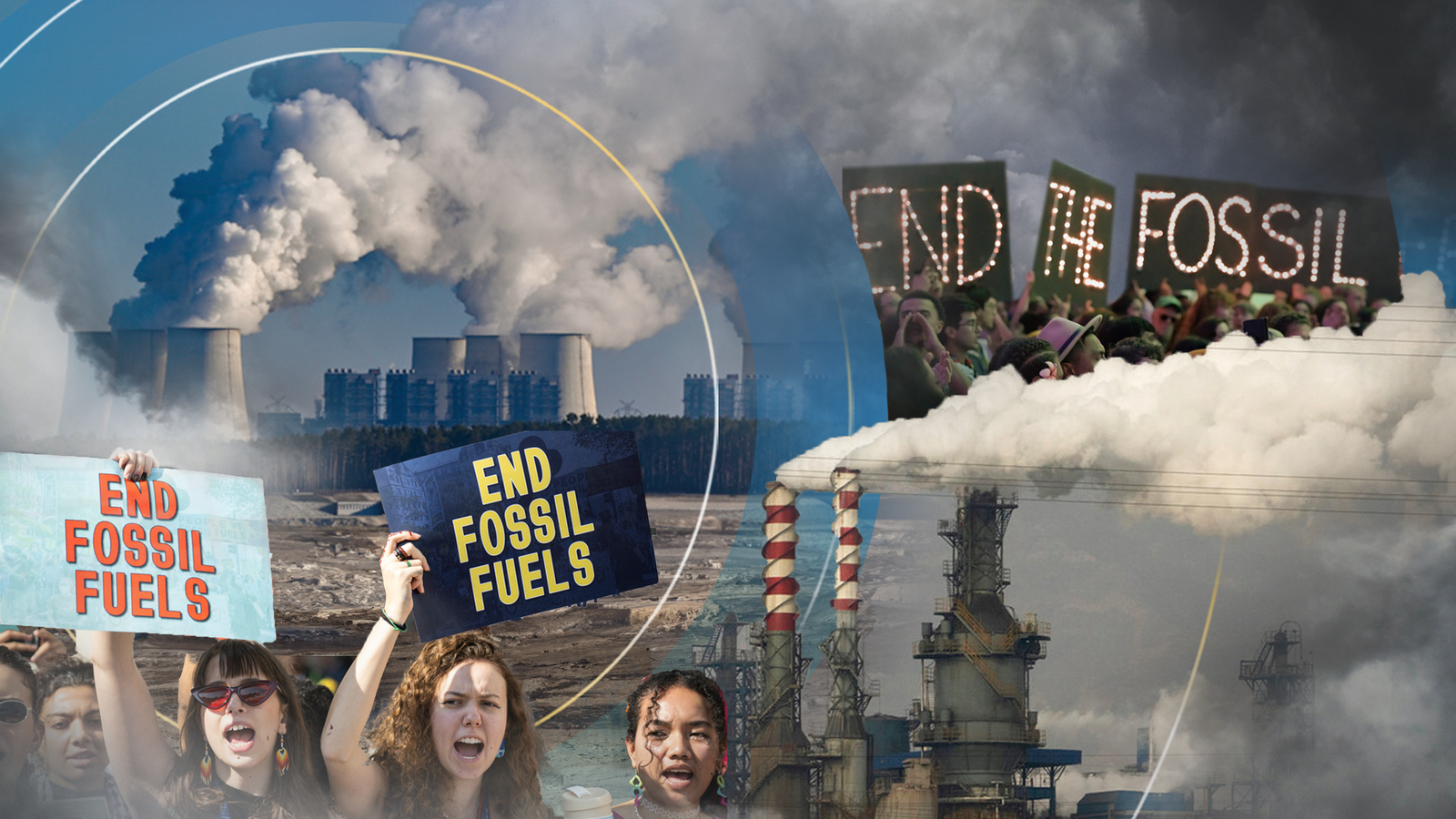
On December 13, 2023, a significant global climate agreement was celebrated at the COP28 climate summit in Dubai. After intense negotiations, diplomats, including U.S. climate envoy John Kerry and German Foreign Minister Annalena Baerbock, embraced the news. For the first time, over 190 countries agreed to transition away from fossil fuels, a major point of contention in previous talks, particularly from fossil-fuel-dependent economies such as Russia and Saudi Arabia. This pact, now known as the UAE Consensus, also includes a goal to triple renewable energy sources by 2030.
\n\n
Despite this progress, analysts note that the projected increase in renewable energy will not sufficiently reduce reliance on fossil fuels, with coal use expected to rise by 10% by 2030. The continuous surge in global energy demand, particularly driven by increased energy consumption from air conditioning and the proliferation of data centers, poses challenges to the transition. Demand is projected to outpace renewable energy growth, underscoring a troubling trajectory.
\n\n
Ahead of COP29 in November, the effectiveness of the commitments from COP28 remains uncertain. Countries need to enhance support for transitioning to renewables, particularly in developing nations, where climate finance will be a key focus. Advocates stress the urgency for ambitious climate finance goals to support vulnerable nations as they strive to reduce their fossil fuel dependency.



